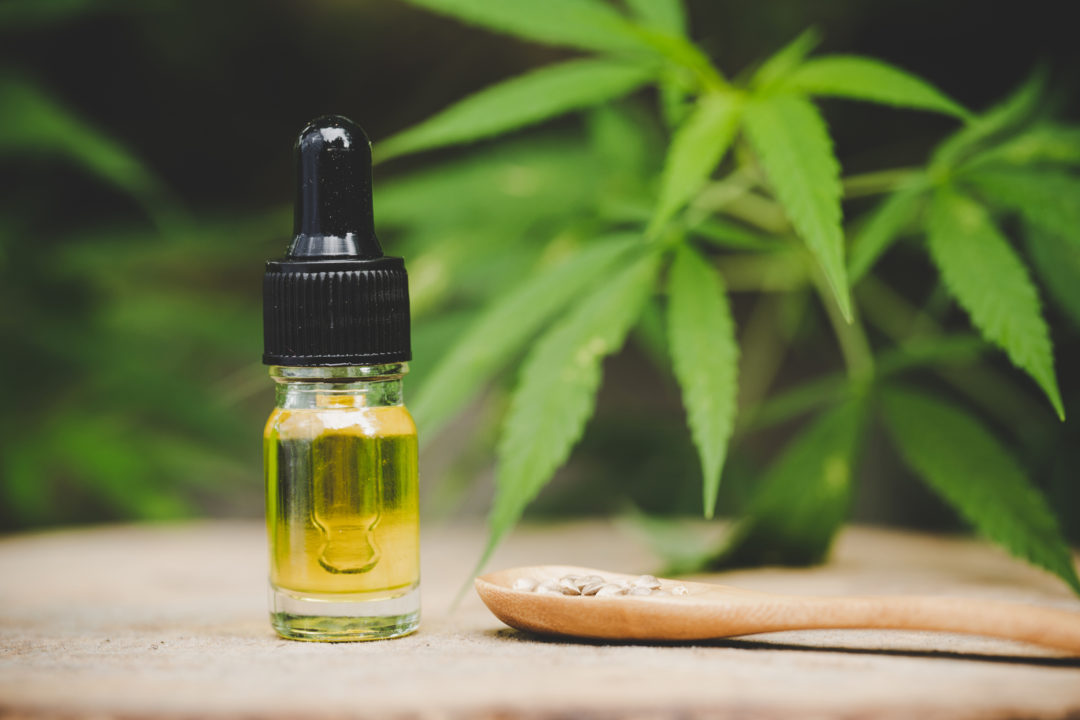FDA’s reasoning:
- CBD is an approved drug, and both NDINs contain controlled amounts of CBD, and are therefore excluded from the definition of dietary supplement.
- Both NDINs failed to demonstrate that the full-spectrum hemp extract meet the “reasonably expected to be safe under the conditions of use” standard set out by DSHEA—specifically, FDA states that the NDINs failed to provide adequate data regarding hepatotoxicity and reproductive toxicity.
Israelsen concluded: “The road to a successful FSHE or CBD NDI remains elusive. Congressional action to create a lawful pathway for FSHE/CBD is a critical step to advance the body of data to support a successful NDI for hemp/CBD products. We are disappointed that the agency continues to take a very strict and narrow position on the general body of the data of consumer use of hemp/CBD products in the U.S. Literally billions of dosages have been consumed, yet it appears that, at least in the case of Charlotte's Web, two years of sales data (and presumably with AER management) is deemed inadequate.”
Related: Study Demonstrates Safety of CBD Associations Request Increased Funding for ODSP Draft Legislation Aims to Decriminalize Cannabis, Set Safe Level of CBD Consumption
Steve Mister, President and CEO of the Council for Responsible Nutrition (CRN), stated that the association is “extremely disappointed,” in part because FDA engaged the companies in an apparently unnecessary months-long process—the Charlotte’s Web rejection letter states that the NDIN was filed on March 31, with additional information being filed through June 21, and the rejection received on July 23; the Irwin Naturals rejection letter states that the NDIN was filed on March 3, with additional information being received through May 3, and the rejection was received on July 23. “Despite very clear direction from Congress when it removed hemp from the Controlled Substances Act in 2018, FDA seems to have made up its mind not to support CBD in supplements and is now trying to justify it,” Mister said. “That’s the only logical conclusion to draw from FDA’s actions—and its continued inaction. These mixed messages from FDA are unacceptable, and Congress must exercise leadership by stepping in to end it.”Speaking to specifics in the letters, Mister added: “FDA has wrongly mischaracterized these products as the same article as a prescription drug and has ignored, dismissed, and downplayed ample evidence that these full-spectrum hemp products can be marketed in a manner that is reasonably expected to be safe. Meanwhile, the agency has done little to protect consumers from the unregulated marketplace it has created from more than two years of inaction.”
Specifically, Mister notes, CRN filed a citizen petition in June 2020, asking FDA to clarify when a substance is considered an “article,” and asking the agency to regulate CBD as a legal dietary supplement. FDA has not provided a “meaningful response,” Mister maintains, and in a May 2021 meeting with CRN, FDA leaders refused to discuss CBD. And all the while, consumer interest has been growing, and states have created their own—inconsistent—regulations.
“FDA also claimed the full-spectrum ingredients containing CBD and Epidiolex should be considered the same ‘article,’ a term used for purposes of determining what substances are eligible to be dietary supplements under the Federal Food, Drug and Cosmetic Act,” Mister continued. “However, Epidiolex, manufactured by GW Pharma, is a highly concentrated CBD isolate that contains 10 times more CBD than either of the full-spectrum hemp ingredients and plainly is not the same article supplement companies are producing, as CRN has argued for several years.”
Mister looked to Congress for a change: “FDA demonstrated today it will lean on bureaucracy to kick the can down the road, and Congress should take notice. CRN has publicly endorsed HR 841, the Hemp and Hemp-Derived CBD Consumer Protection and Market Stabilization Act of 2021 and is actively lobbying Congress to do what FDA has refused to do—create a legal pathway to market CBD as a dietary supplement.”
Mister concluded: “FDA is failing America’s hemp farmers, supplement manufacturers, retailers, and most importantly—170 million supplement consumers. Congress must take action now.”
Update 8/12: The U.S. Hemp Roundtable also released a statement, noting the organization's disappointment with FDA: "FDA’s actions send a discouraging message to the entire hemp and CBD industry, especially in light of the fact that these firms provided more than ample safety data and cooperated with FDA’s requests throughout the process. When held to the same regulatory standards as other dietary supplements and food ingredients, hemp-derived CBD products have a strong safety profile; the dangers to consumers are only posed by the unregulated marketplace that FDA continues to propagate.
"This should be a clarion call to Congress that it is time to step in and pass legislation to ensure that CBD products are held to the same standard as all dietary supplements and food ingredients, and to reject an NDIN-only path," the statement continues. "It’s been more than two and a half years since hemp was legalized by the 2018 Farm Bill, and without congressional intervention, the hemp farming industry will continue to struggle, and consumers stand to lose as well."
Update 8/13:The Natural Products Association (NPA) has responded by reiterating the need to set a safe level of daily consumption for CBD products, noting that a draft bill released by Senator Chuck Schumer (D-NY) includes a provision that would set a safe level of daily consumption for CBD. Daniel Fabricant, Ph.D., President and CEO of NPA, added: "“Future NDI guidance without real clarity on cannabinoids including CBD, doesn’t help the millions of Americans who already believe FDA regulates the space. The response to this NDI indicates that there is confusion and misunderstanding on all sides of the issue and it must be addressed by the forthcoming guidance. There have to be clear safety rules and thinking on these matters."









